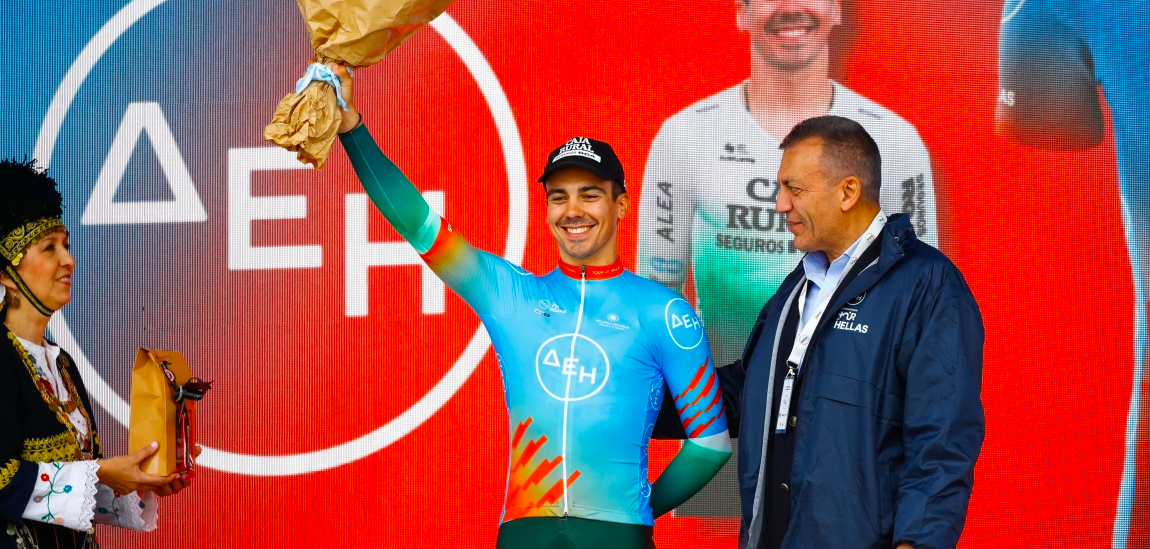With the price of gold surpassing all previous records, the “traditional” investment in gold sovereigns, which many Greeks favor, has become increasingly profitable, as evidenced by the surge in transactions involving them.
From the start of the year until the end of September, a total of 35,972 gold sovereigns were liquidated at the Bank of Greece, while 4,662 pieces were purchased.
Last week, the price of gold reached a new historical high, with an ounce exceeding $2,700 for the first time. This surge is primarily attributed to the escalation of conflicts in the Middle East, combined with the upcoming U.S. elections. However, even beyond these events, gold prices have shown a strong upward trend in recent years. Since the beginning of the year alone, the price of gold has risen by 30%—one of the highest returns among commodities—and many analysts predict it could surpass $2,900 per ounce within the next 12 months.
The Gold Rally Also Boosts the Price of Gold Sovereigns
Inevitably, the gold rally is also driving up the price of gold sovereigns. On Friday, the official price of a Gold Sovereign at the Bank of Greece was €567.98 for purchasing and €678.02 for selling. The significant discrepancy between the purchase price (the amount one can receive when selling sovereigns) and the selling price (the cost of buying from the BoG) has long been a contentious issue.
Since the start of the year, the price of gold sovereigns has increased by about 34% (the buying price at the end of 2023 was €425.10 and the selling price was €512.25). This means the return on this investment stands at around 11% for someone who bought gold sovereigns and sold them today.
Similarly, over a two-year period (22 months), the price of gold sovereigns has risen by 46.6% (from a buying price of €387.69 and a selling price of €467.24). Therefore, the return between 2023 and 2024 reaches 21.5%.
To better serve the increased demand, the Bank of Greece will now accept immediate credit transfers for the sale of British gold sovereigns to the public. Specifically, the public can carry out immediate credit transfers from accounts held with a Payment Service Provider based in the Single Euro Payments Area (SEPA) for transactions up to €100,000.
It’s worth noting that cash transactions for the buying and selling of gold sovereigns are permitted with a limit of €500, while the sale of euro coins is subject to the regulations listed on the Bank of Greece’s website.
Regarding the identification process, the legal framework for preventing money laundering and the financing of terrorism applies.
How to Purchase Sovereigns from the Bank of Greece Using the New Instant Payments System
- What is an instant payment?
An instant payment is a credit transfer that makes the payment amount available in the recipient’s account within 10 days, at any time. The acceptance of instant payments refers to the transfer of money from the payer’s account (IBAN) to the Bank of Greece’s account (IBAN of the recipient).
- What is the role of the Bank of Greece in instant payments?
The Bank of Greece prioritizes the full adoption of instant payments in the Greek market. In October 2024, the Bank of Greece is pioneering in the banking environment by introducing instant payments for customer transactions. For the first time in Greece, instant payments are accepted at transaction points with a limit of €100,000.
- Which transactions can use instant payments?
The use of instant payments applies to the sale of British gold sovereigns, collectible coins, and commemorative coins, as well as the distribution of euro coins.
- How are instant payments initiated at the Bank of Greece cash desks?
Initiating an instant credit transfer from the payer is a simple process. It is carried out via the electronic banking applications provided by Payment Service Providers.
- Where can we find the IBANs of the Bank of Greece or the QR codes?
The IBANs and corresponding QR codes will be prominently displayed at the Bank of Greece’s cash desks.
- What changes regarding customer identification?
The customer identification process remains as outlined by the legal framework for preventing money laundering and terrorist financing.
- What happens if the wrong amount is sent?
In this case, there are two scenarios: a. The amount is less than required: The transaction is valid, and the customer must complete the remainder with a new instant payment (using the same reason for payment). b. The amount is more than required: The transaction is invalid, and the customer must make a new payment for the correct amount.
Ask me anything
Explore related questions





